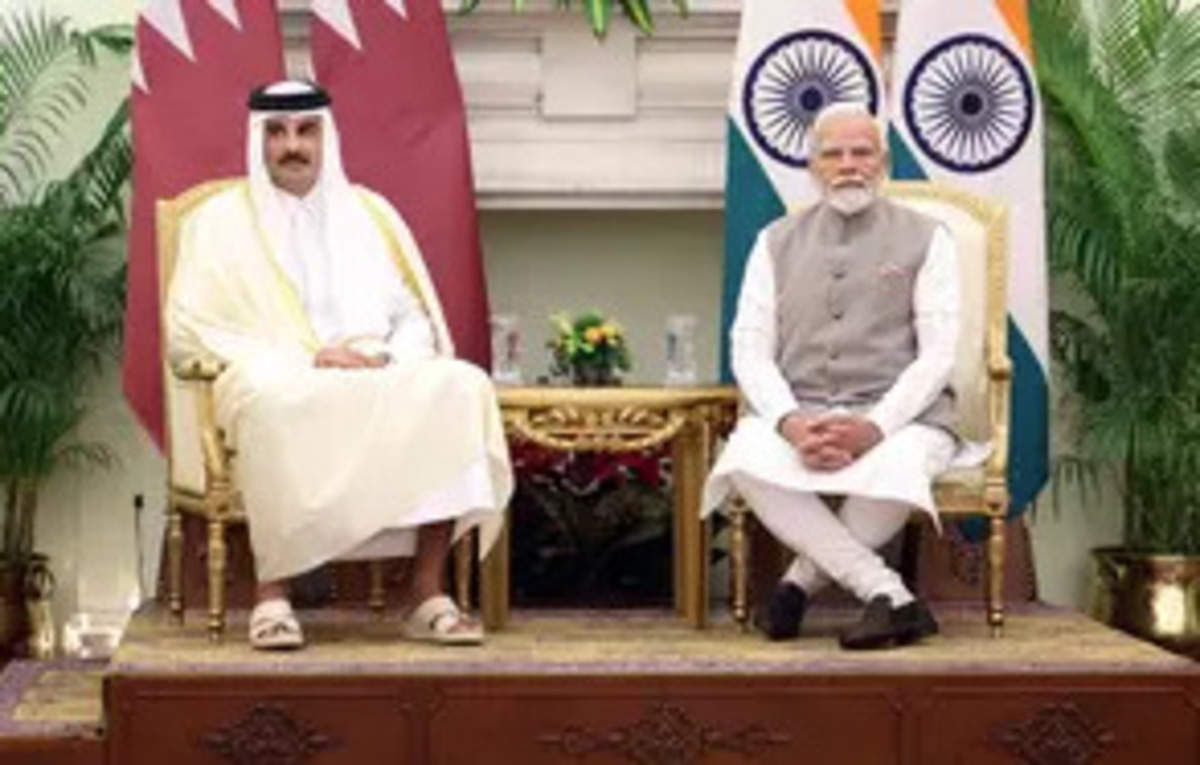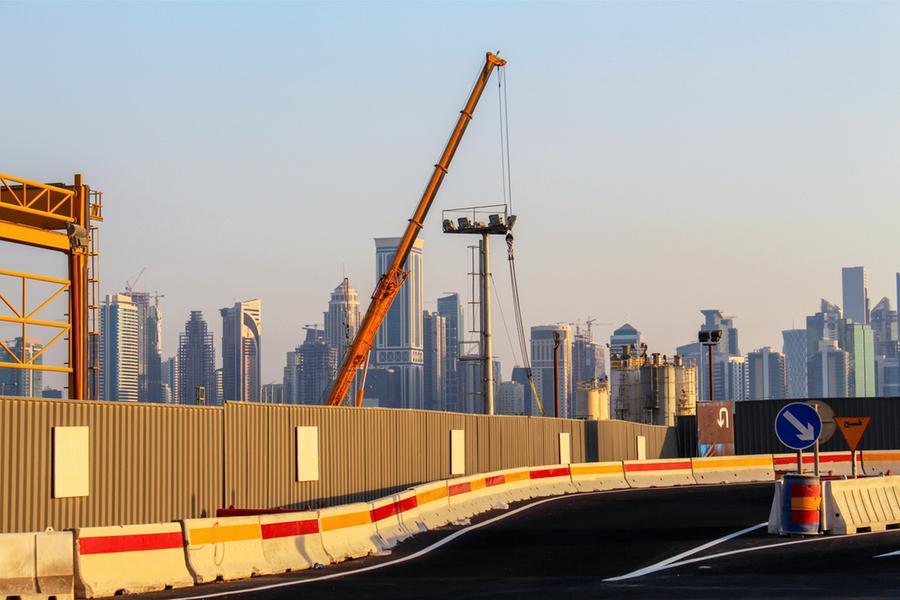Photos: Thousands flee Rafah after Israeli forces issue evacuation order

Israel issued new evacuation orders in Gaza’s southern city of Rafah, forcing tens of thousands more people to move as it prepares to expand its military operation.
With Saturday’s orders, Israeli forces have now evacuated the eastern third of Rafah, pushing into the edges of the heavily populated central area.
The orders come in the face of international opposition and criticism. President Joe Biden has already said the United States will not provide offensive weapons to Israel due to its Rafah offensive.
The United Nations and other agencies have warned for weeks that an Israeli assault on Rafah, which borders Egypt near the main aid entry point, would cripple humanitarian operations and cause a disastrous surge in civilian casualties.
More than 1.4 million Palestinians have been sheltering in Rafah after fleeing the Israeli military’s bombardments in other parts of the enclave. Considered the last refuge in the Gaza Strip, the evacuations are forcing people to return north to areas devastated by previous attacks.
People have already been displaced multiple times and there are few places left in the embattled Strip to move to. Those fleeing fighting earlier this week erected new tent camps in the city of Khan Younis, which was half destroyed in an earlier Israeli offensive, and the central city of Deir el-Balah, straining infrastructure.
Related
Ashghal commences roads, infrastructure development in Birkat Al Awamer
Doha, Qatar: The Public Works Authority 'Ashghal' started the implementation of the Roads and Infrastructure Development Project in Birkat Al Awamer. T
India-Qatar trade agreement must be approached with caution: GTRI –…
India should tread cautiously on a potential free trade agreement (FTA
Qatar’s Ashgal likely to award industrial areas infra consultancy contract…
Qatar’s Public Works Authority (Ashghal) is expected to award the design and lead consultancy contract for the North of New Industrial Area Roads and Inf
Qatar’s $2.5bn green bonds fund enhances renewable energy and infrastructure
Doha, Qatar: Qatar continues to boost its investments in sustainable development, demonstrating its competitiveness on the global stage. An official no












